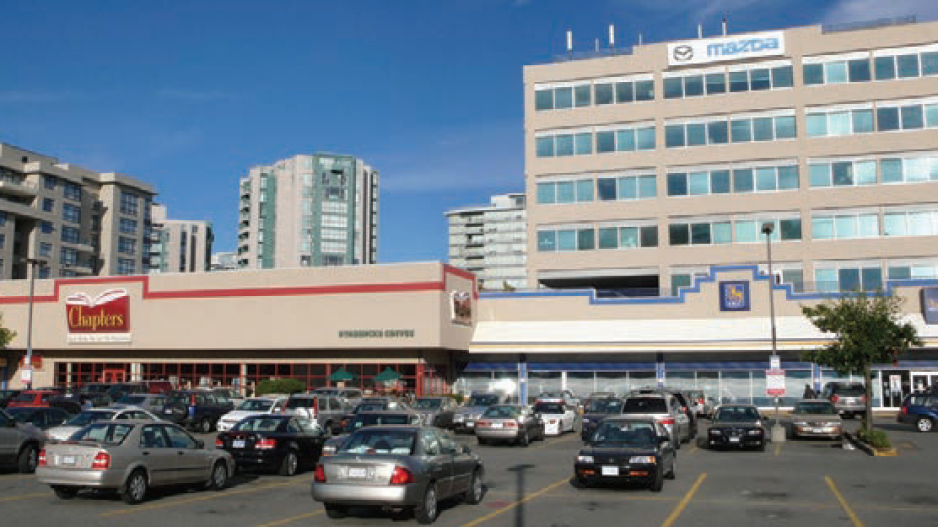An annual study ranks Vancouver among the top five Canadian markets for real estate investing in 2015, but the reason why underscores the influence of foreign buyers in the city.
The PwC and Urban Land Institute (ULI) Emerging Trends in Real Estate 2015 report – which is based on interviews with leading real estate developers, financiers and investors – ranks Vancouver fourth among nine “markets to watch,” behind Calgary, Edmonton and Toronto, but ahead of Ottawa.
But while No. 1 Calgary is called the “strongest market in the country” and No. 2 Edmonton is cited for robust job growth, Vancouver is called a “hedge city” where foreign investors have driven real estate prices to record highs.
“Foreign buyers – the vast majority of whom hail from mainland China or Hong Kong – are, of course, one of the key reasons Vancouver real estate prices continue to rise,” the report states. “Vancouver lacks the cultural cachet of Paris or Milan. But it does offer comfort and stability – and a place for the super-rich to park sizable funds in local real estate as a hedge against risk.”
The report suggests such offshore investors aren’t interested in immediate cash flow from the property. “Returns aren’t the point: safety of capital is, and a $5 million condo is more insurance policy than investment.”
Perhaps a surprise to some, Vancouver commercial real estate brokers largely agree with the report’s conclusions, with some suggesting that 30% of office buildings sold since 2011 were bought by foreign investors.
Bal Atwal, a principal with commercial broker Avison Young, said offshore buyers, who he said are mostly private individuals, have become more active and are outbidding locals for the best assets. And vendors know it.
“Owners are reluctant to sell unless they achieve a price that is perceived to be a premium over what the local market will bear,” Atwal said.
The recent purchase of the Richport Town Centre on No. 3 Road in Richmond is a “prime example,” he said. The 5.4-acre retail and office complex sold to a buyer from mainland China in August for $79.7 million, or about $14.7 million per acre.
“This was a premium price paid to convince the owner to sell,” remarked Colin Schuss, vice-president of commercial sales and leasing for Dorset Realty Group Canada Ltd. of Richmond. Schuss called the price “a benchmark” for Richmond commercial real estate. “[It is] doubtful many local investors would have considered that price.”
Unlike local private investors, such foreign buyers are often not looking for immediate redevelopment, Atwal said. “The offshore buyer may hold that property for 10 or even 15 years.”
“I don’t think offshore investors are keeping the market afloat,” Atwal added. “If offshore interest disappeared, we would see less deal flow, but by no means would the market start to sink. It would simply grow at a slightly slower pace.”
Maury Dubuque, managing director of Colliers International, Vancouver, also found the PwC-UIL findings accurate: “Absolutely. A substantial amount of commercial real estate purchased this year in Vancouver has been by overseas buyers,” he said.
Colliers’ research department estimates that 15% of all office buildings sold for $10 million or more in the past three years went to offshore buyers.
“Our sense is that if the range was between $3 million and $10 million, that number would be double,” Dubuque said.
In any case, it would be wise for Vancouver office investors, local or foreign, to consider their purchase as a long-term play, the PwC-UIL study suggests.
The report cautions that, despite the second-highest gross domestic product growth in the country, Vancouver’s office market is threatened by a glut of space and subsequently higher vacancy rates and lower prices.
“Some foresee AAA space leasing at B rates, barring a significant boost in the economy – though progress on [liquefied] natural gas projects or Northern Gateway [Enbridge Inc.’s northern oil pipeline project] could change the picture very rapidly,” Emerging Trends in Real Estate 2015 states. •




